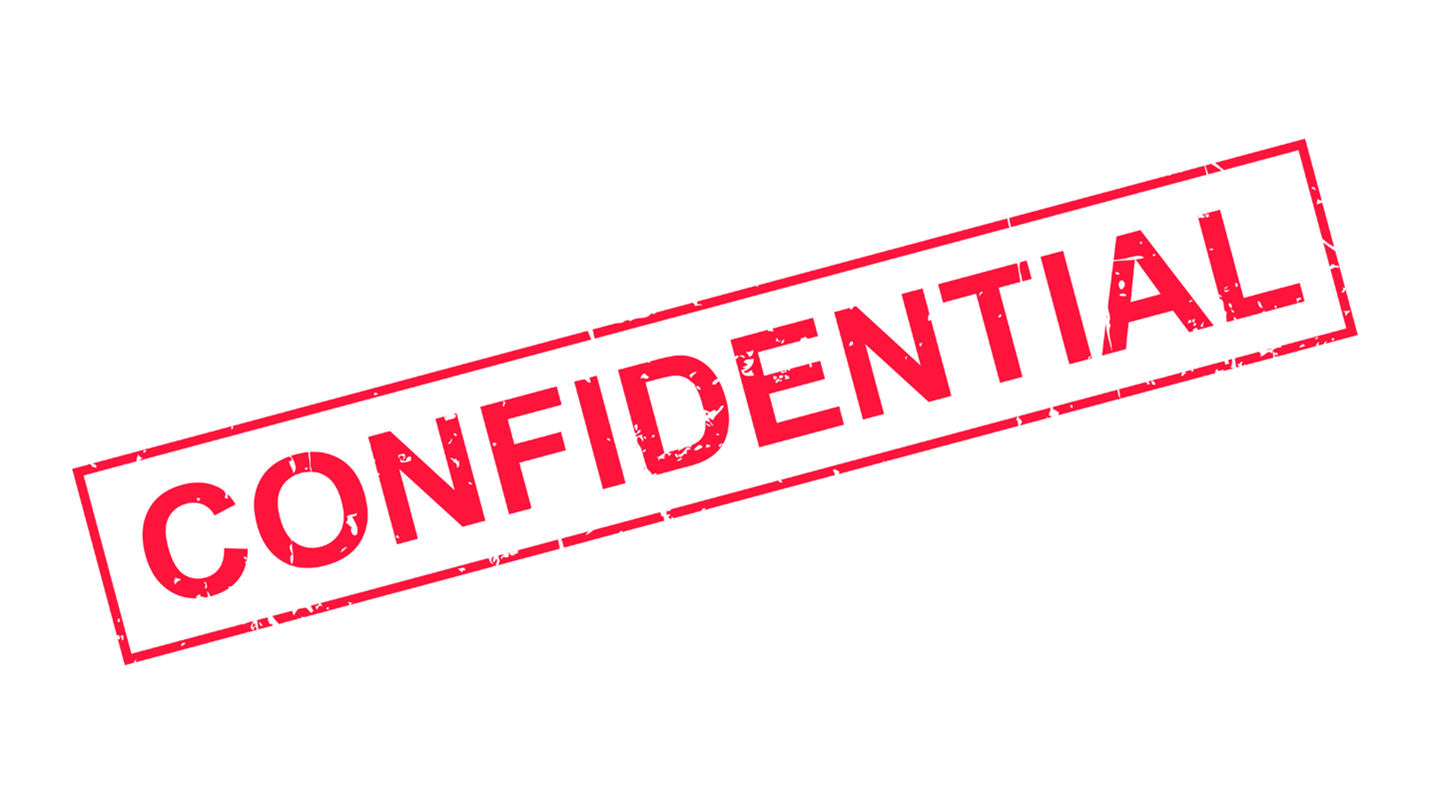What Is Confidential Business Information (CBI) Within WHMIS?

The Workplace Hazardous Materials Information System (WHMIS) is a Canadian hazard communication standard that requires employers to provide information about hazardous products used in the workplace to their employees. WHMIS has several requirements, including the identification of hazardous products, the provision of safety data sheets, and the use of cautionary labelling.
One important aspect of WHMIS is protecting confidential business information (CBI). CBI refers to information that is not disclosed to the public and that, if disclosed, could harm the business’s competitive position. In the context of WHMIS, CBI can refer to confidential information about the chemical composition of a hazardous product, the manufacturing process, or any other information that could give a business a competitive advantage.
WHMIS requires suppliers of hazardous products to disclose all information required by the regulations, including the identity of the dangerous ingredients and any hazards associated with the product. However, if the supplier believes disclosing certain information could harm their competitive position, they can request that the data be kept confidential.
To request CBI protection, the supplier must justify why the information should be kept confidential and provide alternative information that can be disclosed to the public. If the request is approved, the supplier can use a generic name for the chemical or withhold specific concentration ranges.
Employers that receive hazardous products with CBI are still required to provide the necessary information to their employees to ensure their safety. In these cases, the employer must ensure that the employees are aware that there is confidential information and that they are not allowed to disclose it to anyone who does not need to know. The employer must also ensure that the employees receive training on the safe use and handling of the hazardous product.
Employers must also protect the confidentiality of any CBI they handle, including information related to product formulations, manufacturing processes, trade secrets, and other sensitive data.
If an employer wishes to protect information as CBI under WHMIS, they must submit a claim to Health Canada. The claim should include detailed information about the data in question, why it should be protected as CBI, and other relevant details. Health Canada will then review the claim and determine whether to grant CBI status to the information.
Employers must take appropriate measures to protect any CBI from unauthorized access or disclosure, including physical security measures, such as locked storage areas and restricted access to computer systems, as well as administrative procedures, such as limiting access to CBI on a need-to-know basis and providing employees with training on the importance of confidentiality.
Conclusion
Global Hazmat’s WHMIS training programs can help employers educate their employees on the safe use and handling of hazardous products while guiding the handling of CBI. Contact Global Hazmat today to learn more about our WHMIS training programs and how we can help keep your workplace safe and compliant.
